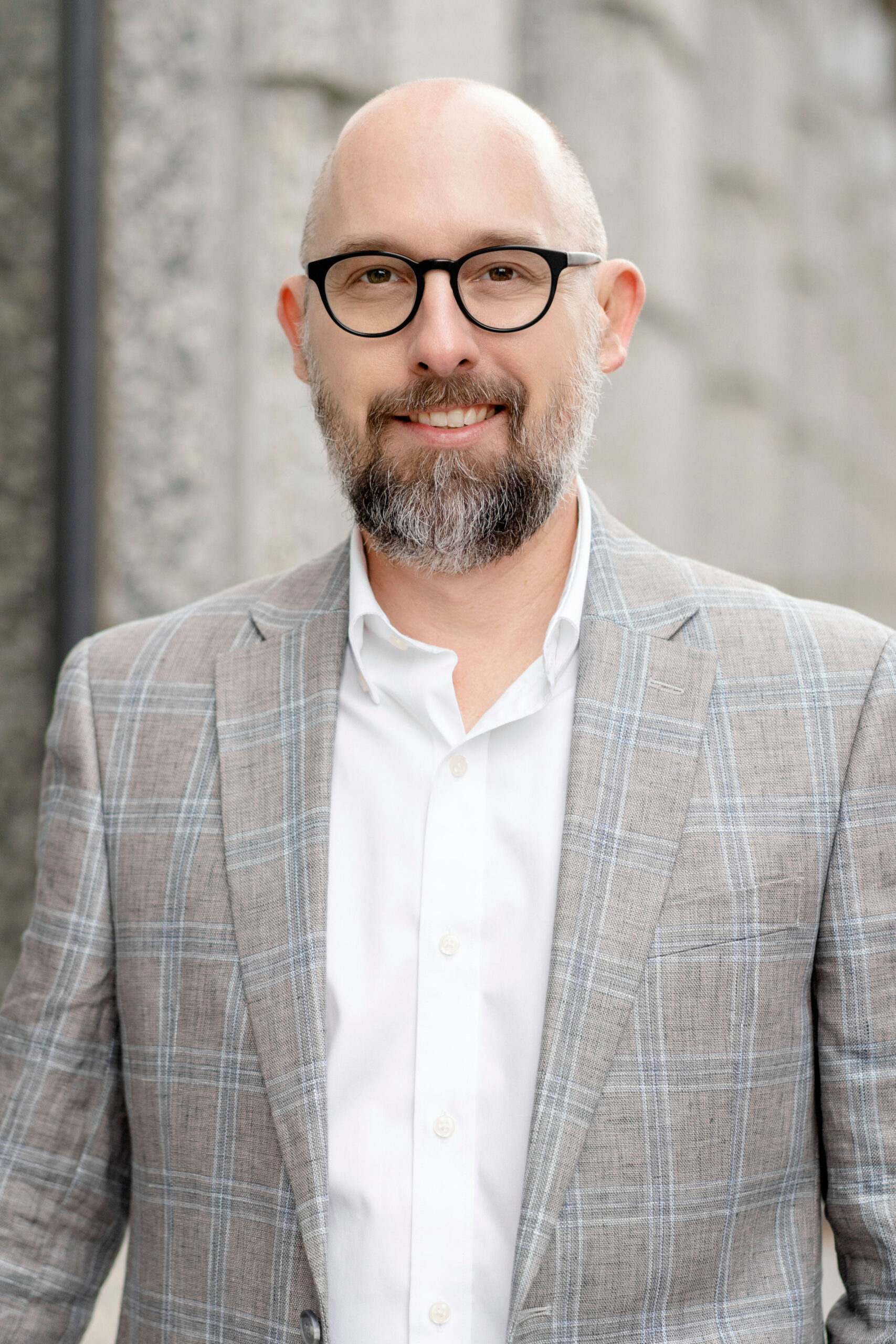
Liability insurance coverage in sexual assault cases is often an impediment to recovery for the survivors and to the pursuit of legal remedies at all by their attorneys. Insurance covers fortuitous occurrences that are outside the control of the insured. To this end, policies only cover “accidents,” and typically exclude intentional acts, criminal acts, and sometimes specifically “sexual abuse” or “sexual misconduct.”
Survivors and their attorneys need to be mindful of what claims to bring, who to sue, what types of insurance the wrongdoer potentially has, how to style their claims, and what damages to allege.
This article explores the various issues surrounding whether, and in what circumstances, claims involving allegations of sexual assault are potentially covered by liability insurance, and how survivors and their attorneys can best pursue a recoverable claim for damages.
In early January of 2023, the Federal Trade Commission announced that it would be pursuing a new rule that would ban employers from imposing noncompete clauses on their employees. The FTC’s proposed new rule would make it illegal for an employer to:
- enter into or attempt to enter into a noncompete contract with a worker;
- maintain a noncompete contract with a worker; or
- represent to a worker, under certain circumstances, that the worker is subject to a noncompete contract.
The proposed rule would apply to independent contractors and anyone who works for an employer, whether paid or unpaid. It would also require employers to rescind existing noncompete clauses and actively inform workers that they are no longer in effect.
Whether, when, and in what form, the FTC’s proposed new rule will take effect remains to be determined and is subject to the FTC’s rulemaking process. The FTC reportedly will not vote on its final rule until April of 2024.
Moreover, the legality of any adopted rule is almost certain to be tested through litigation. Indeed, the FTC has not often, if ever, regulated contracts between single employers and their workers. Whether the FTC is overstepping the authority granted to it by statute—15 U.S.C. § 41 et seq.—will likely be a hotly-contested topic.
As it is currently contemplated, the FTC’s new rule would supersede any state statute inconsistent with the new rule. Regardless, employers and employees alike should be aware of current Colorado law concerning noncompete agreements and related issues concerning the protection of trade secrets.
Colorado law itself recently changed—effective August 10, 2022—concerning noncompete agreements. Noncompete agreements entered into or renewed after August 10, 2022, are deemed void under Colorado law unless an exception applies. See C.R.S. § 8-2-113; HB 22-1317 § 2(2) (clarifying that the recent change is not retroactive). The main exception is for “highly compensated” workers—$112,500 in annual compensation for 2023—where the noncompete clause “is for the protection of trade secrets and is no broader than reasonably necessary to protect the employer’s legitimate interest in protecting trade secrets.”
As such, Colorado law concerning trade secrets is important to understand as well. A trade secret in Colorado is defined as follows:
“Trade secret” means the whole or any portion or phase of any scientific or technical information, design, process, procedure, formula, improvement, confidential business or financial information, listing of names, addresses, or telephone numbers, or other information relating to any business or profession which is secret and of value. To be a “trade secret” the owner thereof must have taken measures to prevent the secret from becoming available to persons other than those selected by the owner to have access thereto for limited purposes.
C.R.S. § 7-74-102(4) (emphasis added). Whether information qualifies as a “trade secret” in Colorado requires a case-by-case evaluation. When a departing employee misappropriates trade secrets for his or her personal gain or a new employer’s benefit, the former employer has a range of remedies, including suing the employee and any new employer for injunctive relief or damages.
In addition, Colorado’s noncompete law does allow for agreements to not solicit customers if the worker earns at least sixty percent (60%) of a “highly compensated” workers’ compensation—$74,250 in 2024. The non-solicitation covenant must be no broader than necessary to protect the employer’s legitimate interest in protecting trade secrets.
Employers have legitimate interests in ensuring that a departing worker does not steal the company’s business through the misappropriation of trade secrets or other unfair methods of competition. As business groups have argued, protecting trade secrets—through noncompete agreements or otherwise—helps protect their investments in research and development.
On the other hand, the legislature has determined that Colorado’s public policy favors freedom for employees to earn a livelihood in their chosen line of work, including allowing employees to compete fairly with a former employer. Numerous Attorneys General nationwide have advocated for the abolishment of noncompete agreements to increase worker mobility, wages, and entrepreneurship.
What should employers and attorneys advising employers do while the FTC makes up its mind?
First, employers should at least take an inventory of existing noncompete, non-solicitation, and confidentiality/nondisclosure agreements in order to be prepared to act quickly when the time comes. Such an inventory will also reveal potential holes in their legal regime vis-à-vis their employees, especially if employees have moved into positions with access to more sensitive information. Likewise, this inventory will help employers assess whether there is some other less burdensome covenant in its agreements that it can implement; if an overbroad restriction isn’t necessary to achieve the employer’s goals, a revised and more narrowly-tailored agreement may be more likely to survive a legal challenge.
Second, employers should assess what other measures they can take to protect their trade secrets. As noted above, the enforceability of Colorado non-compete agreements can turn on whether the employer took steps to protect their trade secrets. Such protection may include both internal information control protocols and external agreements with vendors or customers.
Third, employers should evaluate employee wages to determine who will be deemed a “highly compensated” employee or would otherwise meet the 60% of “highly compensated” threshold. Knowing who falls within or outside these categories informs allocations of employee responsibilities and potential salary adjustments.
What should employees and attorneys advising employeesdo while the FTC makes up its mind?
First, employees should make sure they understand their existing contractual obligations to their employer. Doing so requires careful review of all agreements employees have signed, as well as reviewing any applicable employee handbooks (which may or may not impose contractual obligations) and internal policies.
Second—and especially if an employee is considering making a move to a new job or starting their own business—employees should keep a close eye on any FTC announcements as to its proposed rule and consider the timing of any departure in light thereof. Third, employees should carefully consider their actions in connection with any departure and new work to avoid any implication of wrongdoing in connection therewith. Consulting with counsel concerning any contractual restrictions—as well as applicable statutory and common law—well in advance of making any decisions or taking action is prude
Zachary Warzel focuses on insurance issues and personal injury claims.


